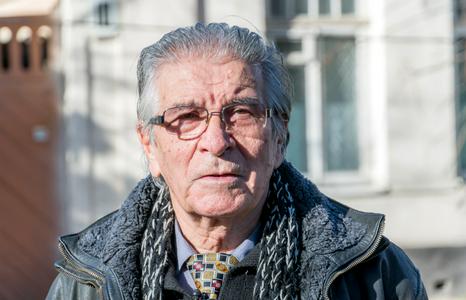President of Tajikistan Emomali Rahmon has signed a law abolishing criminal liability for placing “likes” or similar reactions on social media. The president’s press service announced the news on May 14.
The provision is included in the law On Amendments to the Criminal Code of the Republic of Tajikistan. The full text of the law will be published in the official press, according to the presidential administration.
The move follows Rahmon’s public criticism in October of last year, when he demanded that the Ministry of Internal Affairs stop prosecuting citizens over social media likes. He called such charges baseless and insisted that law enforcement should cease these practices.
In April, the lower chamber of parliament approved the decriminalization initiative, which was introduced by the Prosecutor General’s Office.
Amendments were made to notes under Articles 179(3) (“Public calls for terrorist acts and/or public justification of terrorism”) and 307(1) (“Public incitement to extremist activity and justification of extremism”), stating: “with the exception of approval (placement of a like or similar reaction).” Under these articles, the maximum sentences had previously reached 15 and 12 years in prison, respectively.
Speaking before parliament, First Deputy Prosecutor General Umed Karimzoda presented data showing that as of April 2025, 1,507 individuals were imprisoned for “likes” under video content or comments deemed to contain terrorist or extremist material.
Such criminal cases have been common in Tajikistan. For example, in May 2018, Alijon Sharipov from Vakhsh District in Khatlon Province was sentenced to 9.5 years in prison for clicking “Like” and “Class” on videos featuring the leader of the banned Islamic Renaissance Party of Tajikistan (IRPT, designated a terrorist organization in Russia).
In March 2019, a former imam in Panjakent, Sughd Province—Kori Shokhon Kosimov—was sentenced to one year and four months in prison after using the “Class” reaction on Odnoklassniki under so-called “extremist” content. He was convicted of inciting ethnic hatred.
Among those arrested in May 2024 in the Yazgulem Valley of Gorno-Badakhshan Autonomous Region was at least one person detained for liking a video on YouTube.










